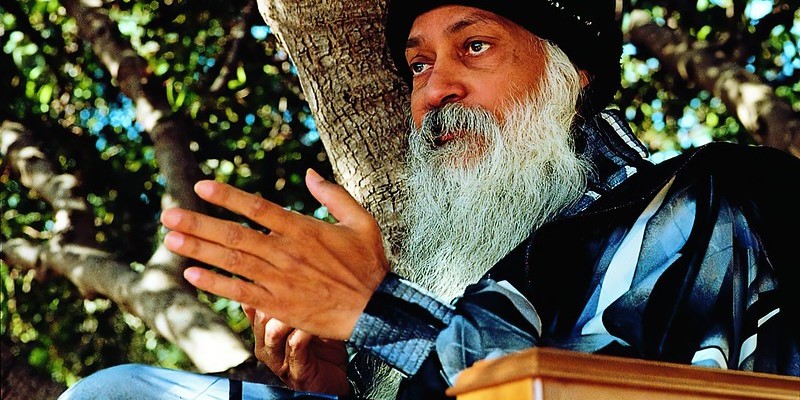
In times in which many people miss genuine communion and honest relationships, in which individualism and egotism have become the rule, and people often just miss to be touched gently and lovingly, in which we miss warmth and love and often feel isolated, lost and alone, it’s relatively easy for financial and sexual predators to prey on people.

The workshops, retreats, and courses that offer “the anti-dote” — often organized in a group setting — have popped-up like mushrooms all around the world. It offers people to be together with like-minded others, while the facilitators promise healing, finding pleasure and meaning in life again, and experiencing divine bliss.
There are many forms of these types of “gatherings,” may it be breathwork, de-armoring, Ayahuasca, Yoga, shamanic, women empowerment, spiritual, or Tantric Sex aka Sacred Sexuality “education and training,” and so on. What these trainings often have in common is that they assure the students that “mastering the unique techniques” will make sure that “all their problems will be solved.”
Tantric Sex retreats or training courses pose particular risks in the sexual sphere, because they are usually frequented by individuals who experience sexual, intimacy, or relationship issues and/or trauma in their lives, and the Tantric trainings typically aim at using somatic sexual experiences to come to physical, psychological/mental, spiritual, and sexual healing.

Moreover, Tantra, and notably Neo-Tantra, aims at “leaving nothing out,” and “embracing all and everything,” meaning that there’s in actual fact (or supposedly on a “higher spiritual level”) no real good or bad, clean or dirty, and virtuousness or perversion in the world, and so on. That all belongs to the realm of duality, but Tantra aims at non-duality.
Hence, this entails that our resistance, judgment and fear against (doing) this or that “needs to be overcome” and “we need to experience the entire depths of our being,” which of course opens the doors very widely to possible physical, emotional, and sexual abuse by facilitators/trainers and/or other co-students.
Another phenomenon is that Tantric training programs are often extremely vaguely described, mentioning tons of topics and techniques that will be taught, and prospective students may easily get overwhelmed by the excessive length of course descriptions and the terminology used, which may result in not really understanding what they’re actually getting into.

Of course, many Tantric trainings talk about mutual consent, diligence, integrity, authenticity, and offering a safe and trusted space — and that should be the minimum — but it’s important that students keep an eye open during the event on the actual realization of those (commercial) phrases, and don’t let themselves be dragged into doing things they don’t want to do in the “heat of the moment” or because “others also do it.” Not only will that create dissatisfaction with the training, but worse — it could also add to already existing trauma and leave students completely disillusioned.
Unfortunately, abuse in the realm of Sacred Sexuality trainings and education happens — and not even very seldom or so — and people should be very cautious before deciding to enroll for a Tantra training or retreat. Mind also that this doesn’t only count for group trainings, but likewise for one-on-one Tantric coaching or training sessions.
At any rate, being cautious starts with trying to really discern what the course or retreat will be about, trying to find factual reviews of the retreat, course or organizer (and ignore the exhilarating testimonials placed on the website of the organizer), and moreover, it involves meticulously pre-studying what Tantric Sex is and thus — understanding what a training or retreat should be about. The latter will be of indispensable help to identify in advance what’s what and what’s not.

















